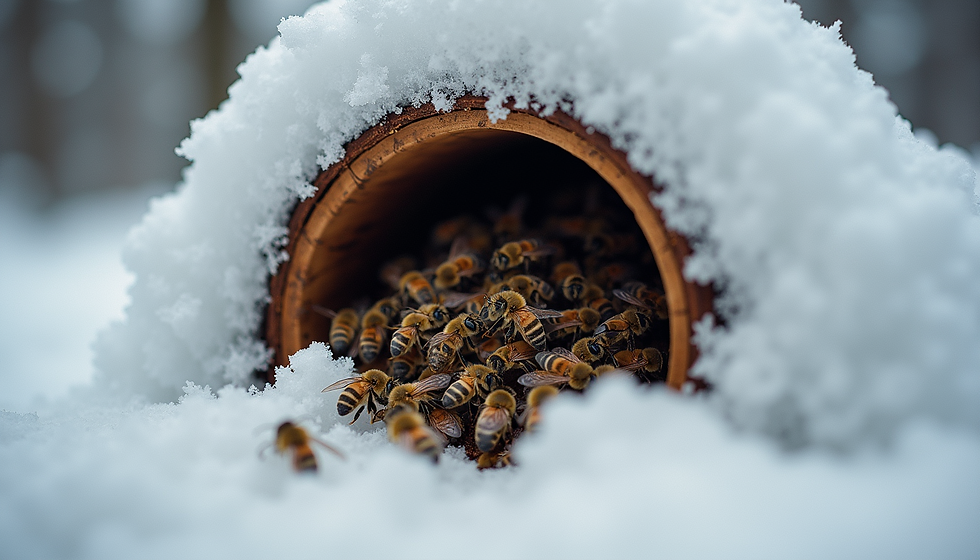Call for action on Honey Adulteration
- Ben the Beekeeper

- Nov 13, 2024
- 2 min read
Today we have sent this letter to our constituency MP calling on action on honey labelling, and to push for an All-Party Parliamentary Group to address issues of honey testing and support for small scale honey producers.
Dear Lee Dillon MP,
I am writing to draw your attention to a serious and pressing issue impacting the UK honey industry: honey adulteration. The global nature of the honey market has created complex supply chains, making it relatively easy to adulterate honey with various sugar syrups that are often difficult to detect.
The Scale of the Problem
On 9th November 2024, The Guardian reported that “more than 90% of sampled products bought from large British retailers failed pioneering authenticity tests.” The sheer volume of adulterated honey entering the UK is alarming and remains poorly understood by UK consumers. Given that 90% of honey sold in the UK is imported, decisive action from the UK Government is necessary.
Consumer Confusion
Adding to consumer confusion is the practice of marketing “apiary-washed” honey, designed to evoke the image of local beekeeping while often being bulk imports. For example a well known brand label says “This tasty [name withheld] honey is as pure and natural as the day [name withheld] first collected honey from his Oxfordshire hives, over 50 years ago.” Yet the honey in the jar is a blend of non-EU honeys. Although I do not imply this specific brand sells adulterated honey, consumers are left unaware of which brands may be affected, as specific names from tests were not disclosed.
Most supermarket honey is labelled as a “blend of EU or non-EU countries,” which offers little value to consumers, it may as well say “honey from somewhere”. Honey importers should be able to clearly trace and verify the sources of their imports.
Consumers do not know if they are buying honey from high risk regions or not
.
Action Needed
To address these issues, I propose the following actions:
Changes to Honey Labelling Regulations: Honey should be required to list its country or countries of origin. If the packer is unable to verify the source, it should be labelled as “unknown.” This simple legislative change would ensure greater transparency for consumers without significantly raising costs.
Formation of an All-Party Parliamentary Group (APPG): An APPG could focus on supporting the UK honey industry, with initial objectives to:
Investigate methods for robust honey testing, ensuring that when consumers purchase honey, it is truly honey in the jar.
Explore ways to support the UK’s small-scale commercial beekeeping industry to increase the volume of domestically sourced honey, with added benefits for pollination and overall bee health.
I would appreciate the opportunity to meet and discuss these matters in more detail and look forward to hearing from you soon.
Yours sincerely,
Ben Tichband
Ben’s Berkshire Bees Limited
Based in the Newbury Constituency





Comments